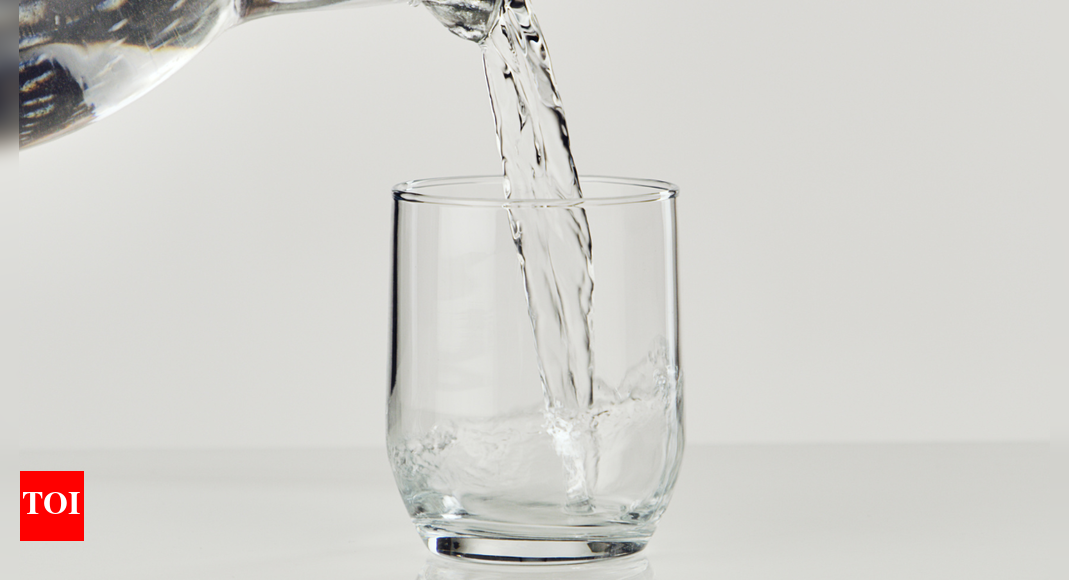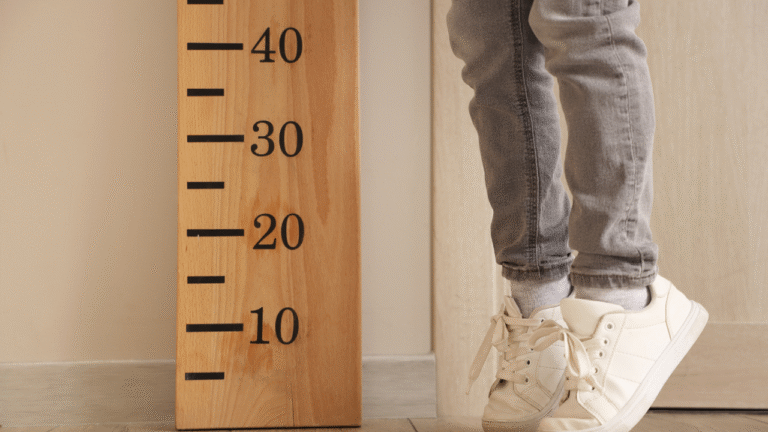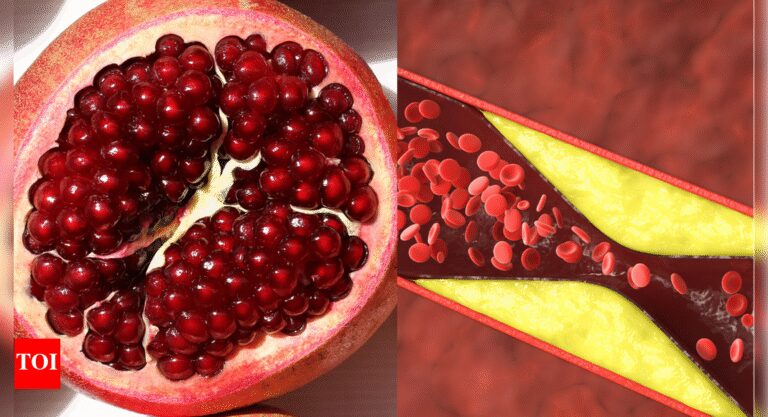
Water has been called the most important nutrient, and rightly so. Every cell, tissue, and organ in the body needs water to function at its best. But when it comes to kidney function and “toxin flushing,” just how much water do we really need? And does boosting water intake really matter?Let’s get real, based on some hard evidence from scientific research and health organizations….
Why do our kidneys need water

For us, kidneys might be the background workers, they remove waste products, balance fluids, and control minerals like sodium and potassium. Water plays a crucial role in all of them. If one is well-hydrated, the kidneys can efficiently:
- Remove waste through urine
- Suppress the formation of kidney stones
- Have healthy blood pressure and filtering
According to the National Kidney Foundation, water continues to keep your kidneys flushing waste from your blood in the form of urine, and fluid intake also helps maintain open blood vessels for blood to flow to the kidneys.
How much water is sufficient

The Institute of Medicine (U.S.) recommends the following daily total amount of water (from foods and beverages):
- Men: About 3.7 liters (about 15.5 cups)
- Women: About 2.7 liters (roughly 11.5 cups)
This includes all fluids (not just plain water) and water from food like fruits, vegetables, and soups.But these are general guidelines. The quantity of water your body needs changes with your:
- Age and sex
- Degree of physical activity
- Climate (hot and humid climates increase water requirements)
- Health status (fever, diarrhea, kidney disease, etc.)
What does research say

Mass US survey research (NHANES 2011–2012) that was released in Medicine journal concluded that a daily intake of less than 500 mL of water was associated with an increased risk of chronic kidney disease (CKD) compared to people with a daily intake of more than 1.2 liters. This suggests that drinking insufficient quantities of water on a consistent basis can put a strain on your kidneys.Another investigation (NHANES 2005–2006) in Nephrology Dialysis Transplantation observed low total fluid consumption — less than 2 liters a day, linked with over twice the risk of kidney harm as opposed to subjects who drank greater than 4 liters a day.But a clinical trial in JAMA in 2018 examined individuals already with stage 3 kidney disease. Raising water consumption in those individuals did not result in improved kidney function after a year. That implies water benefits more in prevention than in treatment of kidney issues.Can we drink too much waterYes. Drinking too much water too quickly may dilute your blood’s sodium level, a state known as hyponatremia, which is unhealthy. Also, people who already have kidney disease may have to limit fluids, their doctor tells them.
Listen to your body
- Try for approximately 2.5 to 3.5 liters of water daily, depending on the climate of the place where you live and your activity level
- The urine must be pale yellow; dark yellow means one is likely dehydrated
- Don’t force water on yourself but also do not ignore if you are feeling thirsty
If you have health issues, especially kidney or cardiac, always seek medical clearance from your doctor before making changes in water intake. Hydration with sufficient water keeps kidneys healthy — but it’s all about balance, not overload.








